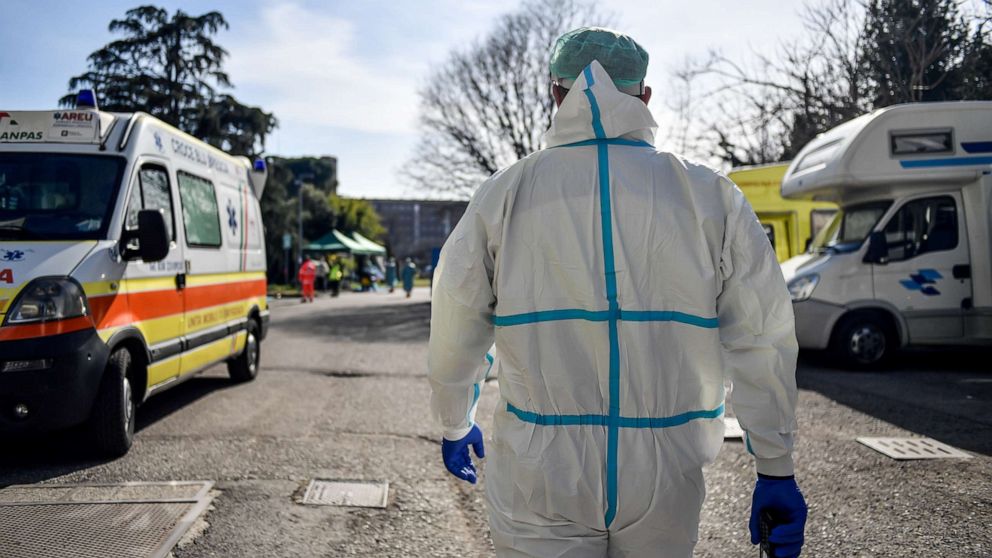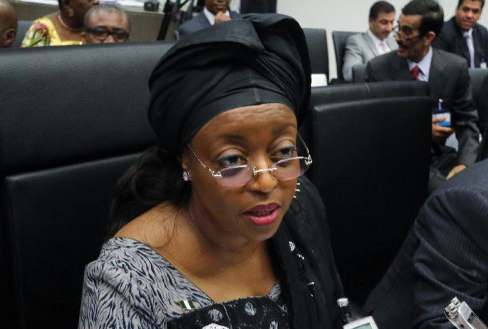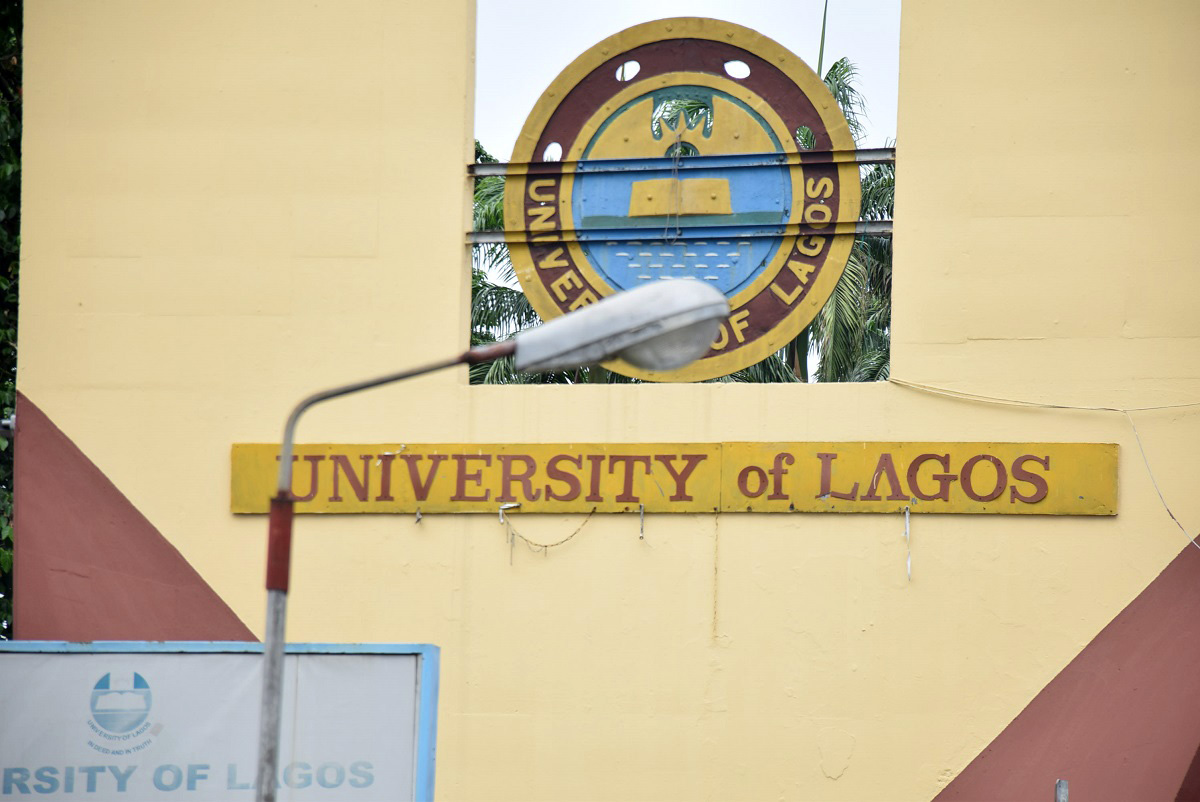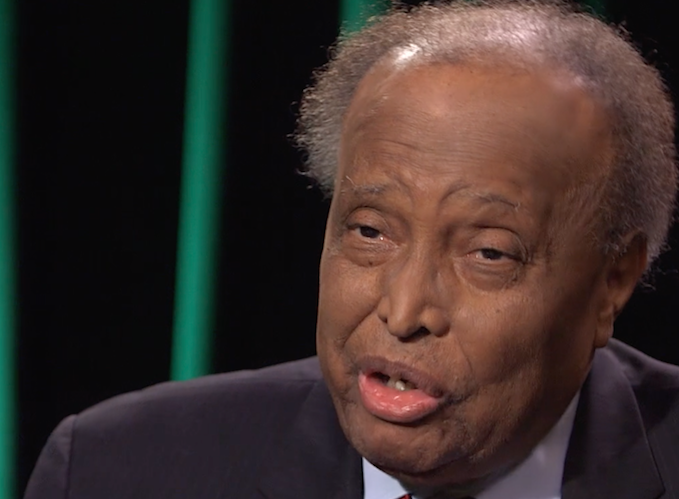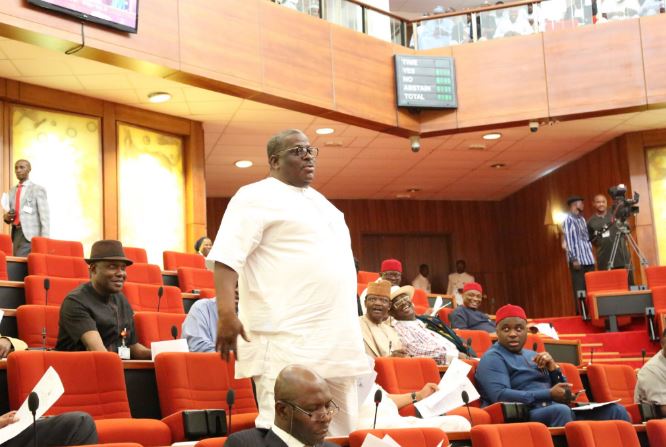“Honduras may find cause to rebuild the roads and Choluteca bridge may provide the impetus for that rebuilding. Rivers can be diverted and the bridge may still become relevant. Are there people that could be served by the roads and the bridge? Perhaps we should focus on the needs of people. How vastly can people’s needs change in response to changes, say in the technological environment, or in the finance world? People still need to connect with family. They need transportation. And to survive, people need food, water, some shelter and some clothing.
”People need access to healthcare, children need education, and a reasonable environment to live in. For as long as those are the needs of human beings, it may be premature to write off projects like the Choluteca bridge as a metaphor to our disappearing careers as a result of COVID-19 and the upsurge of nanotechnology. The focus should be on people, people, people.“Yes, if we adapt the tragedy that is the Choluteca bridge to our businesses and environments and the current realities of COVID-19, the question should be whether there are people we could still serve with the ideas we had – or what is now known as the traditional economy (as against what is known as the New Normal). Certainly, we all have to build smarter spaces and scale down in places. The unwieldy structures with which we ran the traditional economy must shrink.
”But we cannot as yet assume that the world will make a 100% switch to the New Normal where everything is run by AI, machines and smart robots, especially in a society like ours, else we will be leaving too many people in despair. We cannot as yet throw away entirely the traditional models if we are focused on our environment and people. For example, there are about 30 to 40million Nigerian children in schools who don’t have teachers, don’t have internet, don’t have phones or devices like i-Pads or laptops. I saw them during my campaign especially in the north of Nigeria. Who is planning for them? Who is speaking for them? Our leaders have all their own children abroad – being sponsored, ultimately by we poor taxpayers, even as Nigeria expires before our very eyes.
“Can we possibly leapfrog those 40million poor children to take start taking lectures via zoom? People like Ottoabasi Orondaam, with his Slum2School initiative, are trying to assist some of these poor children with e-learning, but the challenge is enormous. To reach 1million out of the 40million children will take superhuman efforts on the part of so many philanthropists. Orondaam has reached about 70,000 children with all his initiatives (the children in his schools are less than 5,000) so it’s a gargantuan task. Or in the alternative, should we still ensure these children get the needed teachers and books? Perhaps we should – in the panic to ensure our own survival – just forget those children and leave them to their fates, while we connect our own children to the technological superhighway? Are we at the level of the western countries where they can go full tech already?
Advertisement
“Are we panicking into this NEW NORMAL and leaving 70 or 80% of our society in the lurch? Are we making the same mistakes of the past and – as usual – missing out on sustainability? Are we doing what is called “Isomorphic Mimicry and Premature Loadbearing” as propounded by Pritchett et al at Harvard University – that African nations like to “copy copy” and take decisions that make it look like they have arrived, without thinking for themselves? We know the momentous changes of this period are sweeping and irreversible.
But asides from taking personal positions of advantage, I believe we need to brainstorm more as intellectuals; as nation builders; project more and adopt a systems-thinking approach for the entire society… and by extension for our businesses and careers. One of the dangers I see already, is that the new normal may see small companies remaining small as everything remains built around individual entrepreneurs. The space for organic/inorganic growth may shrink as everybody scales down. All but a few large companies will find it tough to expand. We may be facing a world of Oligopolists, a handful of multinationals who control everything. I would want my company to grow, like the McKinseys and KPMGs etc grew but the wall is closing in on us all.”
The above was my abridged and edited response to a post in a WhatsApp group of intellectuals to which I belong, to the viral post of the Choluteca bridge in Honduras, and an article by Prakash Iyer, wherein he used the fate of the bridge as a metaphor for what has befallen many careers, skills and businesses in the wake of COVID-19. Mr. Iyer explained how the Choluteca bridge was a masterpiece in technology when it was built, but when a deadly hurricane hit Honduras and flood washed away the roads leading to and from it in 1998, and the river over which it was built also decided to take another route away from under the bridge, the exquisite bridge remained untouched but totally stranded. The lessons drawn were that sometimes we invest so much acquiring a skill or building a career that suddenly expires. We build businesses that may suddenly become irrelevant as technological disruption shifts our customers elsewhere. This is the current reality that many businesses – especially Nigeria’s 41million, mostly-legless SMEs – are going through with the shocking effects of COVID-19.
Advertisement
When I made the comment I hadn’t researched the bridge properly, but when I decided on this article, I found out that the bridge was actually reconnected to the highway in 2003. Just as I posited, so long as people actually needed that bridge, even nature can be worked on so that the bridge remains relevant. The Choluteca River was simply rechanneled to pass again under the bridge. Man has conquered nature in many ways. Thinking people never resign to fate and give in to nature. Thinking man ensures that he is not a mere toy in the hands of nature. We here are not doing a lot in terms of thinking, and so we will need the Chinese, the Germans or the Europeans to help us divert the river back under our Choluteca River, and to rebuild the connecting roads in order to continue serving our people. We do these at great cost. At other times, we just abandon the project altogether and accept the verdict of nature, or start another fanciful project elsewhere. I need to write this quickly because the story of the Choluteca bridge was accepted, hook, line and sinker as a clear verdict that we are stuck with the New Normal; that our careers are finished, our business models expired, our skills, now altogether irrelevant. I am standing in a gap, saying these may not be entirely facts. I say we need to retrieve and retain at least a part of the traditional models. Things hardly change altogether so suddenly. And if the changes were so total, there is an advantage in looking inwards and salvaging some of what worked for us.
I had a long discussion with a smart young friend in my industry – consulting and training – on the same subject a few days back. He tried to interest me in a e-learning solution. I am already used to such solutions and their inevitability (having been in Walden University since 2015 and having done a handful of MOOCs – Massive Open Online Courses). I chose to challenge this young man on his beliefs. Is it true that everybody has gone into e-learning, and everyone will remain there? If this is so, what are our prospects as small and growing organisations? Is it true that with e-channels people will subscribe to our product offerings from all over the world and we will suddenly become millionaires in dollars? As an economist I have other insights into the subject:
1. When a platform is cheap, free or almost free, everybody gets onto it and it loses value. So extracting value from online engagements is already a herculean task.
2. When everybody – or a lot of people – are trying to interest everyone else in what they are doing, then there are too many choices and value is also lost. I hear that even social media influencers are having it tough already. Having 2million followers on Instagram no longer guarantees prosperity. Everyone is also trying to become an influencer anyways.
Advertisement
3. When there are too many options and people try these options but do not see how their investments of time and/or money solves their immediate problems, they stop making the investment altogether. That is why almost everyone is being called to attend one Zoom meeting or another at any point in time. At some point they just get tired of it all.
4. We are all logging on to borrowed platforms from this end. We do not own any of the technology behind these important capabilities. This limits how much we can leverage and make real money from them. At the end, the platforms become like the gambling ‘houses’, which always wins. We have to be careful that we are not wasting our times on Zoom, Webex, Microsoft Teams, Streamyard and the many other Apps that are
taking our times and money in subtle manner these days.
5. I also asked my young friend how on earth our small companies were going to grow to the level of those we admire abroad. In the consulting world we have McKinsey, Accenture, Delloite, PWC and the rest. What are the prospects for growth for local companies when we seem to be leaving the space for these tech-enabled, super companies who keep eating deeper into the lean resources of our country? How do we convince local clients to use us for their needs rather than these big guys who not only are much better positioned in the New Normal, they are integral to the creation of a new normal? The rest of us just try to play painful catchup.
These and many more questions crossed my mind and made my young friend very uncomfortable. I assured him that he was right that the world had changed inexorably. But I also opened his eyes to the potential disadvantages that we faced from this end of the world. We have to be very attentive and strategic. Africa must not continue to bring up the rear in every matter. We must be proactive, not reactive. And there are times when we may need to demand a seat at the table via negotiations. I believe there is little for African nations and peoples in this New Normal. At the end, we are looking at a scenario where advanced technology will ensure that we become even more dependent on the rest of the developed world, and infinitely more vulnerable. With this will come less respect, and more hazards by way of abuse, cheating, xenophobia and other undue advantages. We need to think carefully and think hard.
Advertisement
Already even the advanced world is seeing chinks in the New Normal narrative. A recent article in the Wall Street Journal asks the question whether indeed the idea of remote work is sustainable and concluded that it is not. The initial euphoria seems to be waning already. Now companies are seeing that it is impossible to put freckled-faced fresh school-leavers in front of computers and train them on everything they need to know, via Zoom or any of the other platforms I mentioned above. There are risks of meltdowns, errors, project delays and other hazards that the corporate world faces as the needed one-to-one guidance, acculturation, mentorship, and hands-on experiences disappear from the work space. Companies are already complaining that their cultures are disappearing and that training new entrants are a great problem already. This can only lead to atrophy in the social and organizational muscles of many companies, and in time, shrinkage, loss of markets and eventual collapse. In Nigeria here, many young people have reported that the moment they were asked to work from home, their employers simply stopped paying their salaries and simply eased them out.
Boris Johnson, in his September 2019 speech at the UN had warned us about the coming sweeping changes, which are now upon us. He urged that we speak up and ensure some of the traditional values that we are used to, make it into the new models that they are putting together. Till date, we seem so absent minded, especially in these parts. As usual, we can hardly see beyond our own self-preservation. We are still scurrying around looking at how to get ahead of our neighbors, forgetting the mistakes in our past, when our myopia and inability to think for the collective left us with a short shrift. May we acquire sense, as they say on the streets. The new normal will have nothing for us, except we ensure an atmosphere of continued cooperation and continued investment in humanity. Africa needs it more than most.
Advertisement
A post on Facebook went viral lately. Readers should visit www.flightradar24.com. The poster alleged that the world had left Africa behind and shut us out of the global economy finally. And indeed, he seemed to be correct. On that site, we see all flights hovering all over the world in real time. Sub-Saharan Africa is obviously a black hole. USA and Europe seem to have so many flights going on (even if they were mostly local flights). Apart from a few flights around Ethiopia and South Africa, not much else is happening in Africa. This increased my worries about the so-called ‘new normal’. We are in trouble in Africa. The impatience of the world with our laggardness seems to have worn off. We may soon have to take Boris’ advise and seek a meeting to be included – if we were wise. We cannot afford to be so vulnerable to the point where we become totally dispensable. Sometimes the challenges of being an African and especially a Nigerian, can be quite overwhelming.
Advertisement
Views expressed by contributors are strictly personal and not of TheCable.

